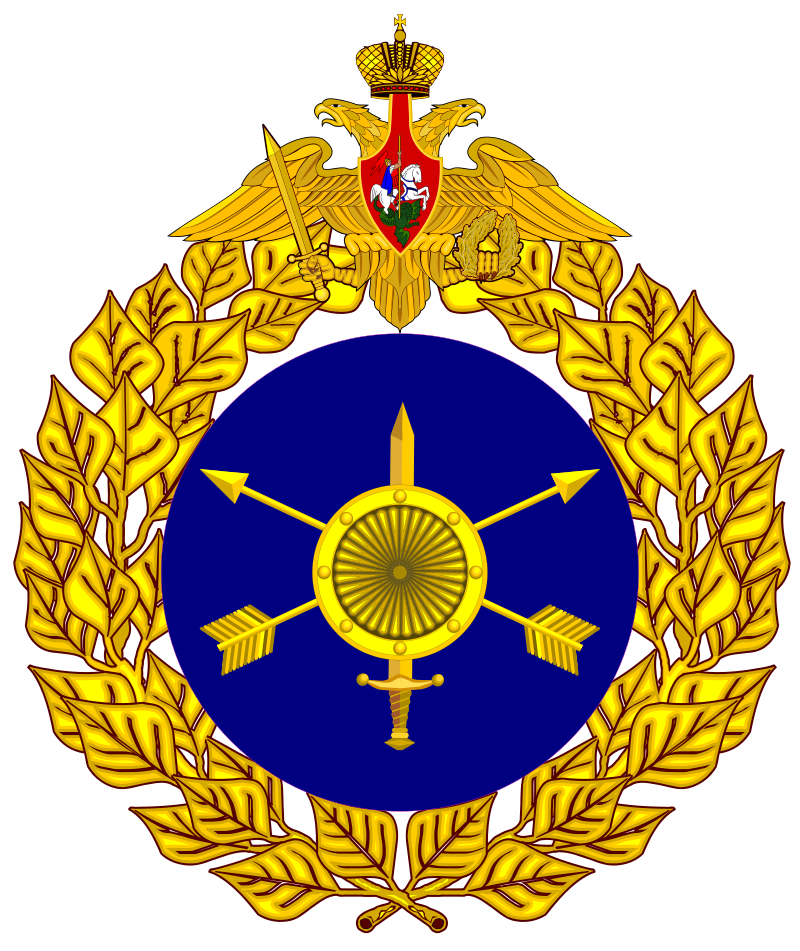Part 2 of 2 Parts (Please read Part 1 first)
Ryabkov has emerged recently as a key Russian messenger as President Vladimir Putin presses for Western Security guarantees while facing warnings from the U.S. and its allies to back away from a possible invasion of Ukraine. Ryabkov continues to insist that Russia has no such intention. He repeated a comparison that he made last week between current tensions and the Cuban missile crisis of 1962. This crisis brought the U.S. and the Soviet Union to the brink of World War III.
During the Cuban Missiles crisis, the Soviet Union shipped nuclear missiles to Cuba. When this was discovered by examination of satellite photographs, the U.S. responded by establishing a blockage around Cuba and threatened the Soviets with retaliation if they broke the blockade. After a tense time of negotiation with the world on the brink of war, the U.S. and the Soviet Union agreed on terms for the withdrawal of the Soviet missiles from Cuba. What most people did not know at the time was exactly how close the world came to nuclear destruction.
There was a U.S. picket ship enforcing the blockage around Cuba when a Russian ship crossed the blockage line. The normal procedure for such an event would be an escalation of U.S. forces around Cuba. However, the captain of the U.S. ship told his crew to stand by to see if the Russian ship might be having navigation problems and had crossed the picket line accidentally. After a few tense hours, the Russia ship turned around and sailed out of the blockade zone. They were having navigation problems.
There was also a pack of Russian submarines in the waters off Cuba. At one point, the Russian subs lost communication with their surface craft. The top command of the sub pack consisted of an admiral, a Community Party official and the captain of the sub that all three were traveling on. Fearing that the forces on the surface were engaged in open warfare, the Admiral and Communist party official decided that they should launch their missiles at U.S. forces. All three of them had to simultaneously turn their key in the control panel to activate the launch of missiles. While two out of three wanted to launch, the captain refused to use his key and demanded that they wait to see if communication could be reestablished with the surface. This did happen and, once again, war was averted.
Ryabkov stated that there were “indirect indications” that NATO was moving closer to re-deploying intermediate-range missiles. This included its recent restoration of the 56th Artillery Command which operated nuclear-capable Pershing missiles during the Cold War.
NATO states that there will be no new U.S. missiles in Europe and that it is ready to deter new Russian missiles with a “measured” response that would only involve conventional weapons. Ryabkov responded that Russia had a “complete lack of trust” in the alliance. He said, “They don’t permit themselves to do anything that could somehow increase our security – they believe they can act as they need, to their advantage, and we simply have to swallow all this and deal with it. This is not going to continue.”
Nuclear Weapons 762 – Russia Is Threatening To Move Intermediate Range Nuclear Missiles Into Eastern Europe – Part 2 of 2 Parts

